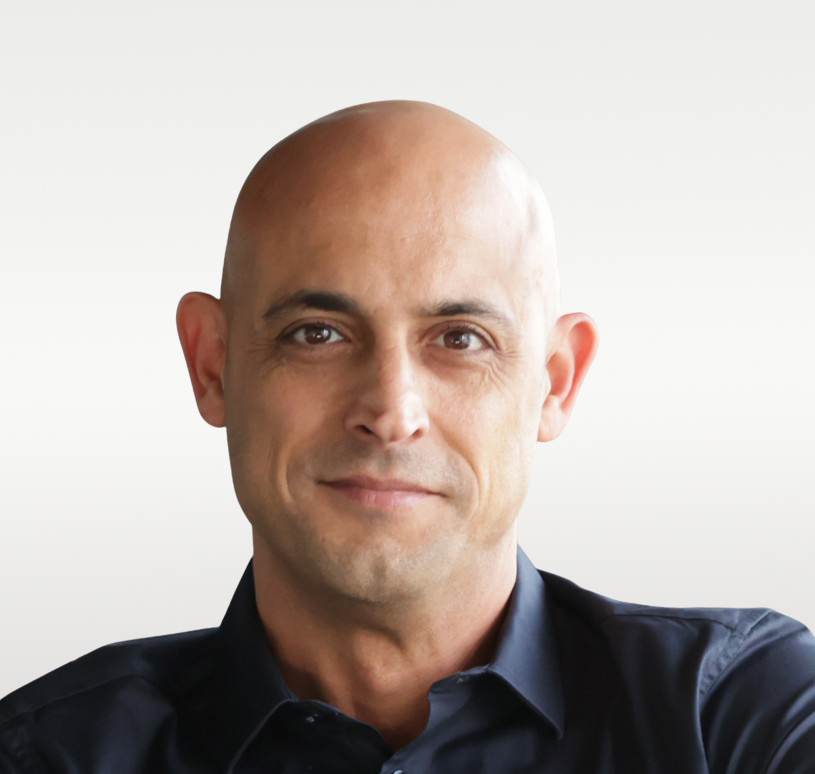Video Transcription

Moshe Barel 00:02
Hi. Good afternoon, everybody. My name is Moshe Barel, CEO and co-founder of AccuLine, and our vision is to prevent the next heart attack by early detection. During my presentation, around 270 people worldwide will get a heart attack, that’s 16 million cases every year, or one every two seconds. Heart attacks are the number one cause of death globally, with 9 million deaths every year, placing a crushing burden on the US healthcare economy of more than 220 billion US dollars. Heart attacks are caused by coronary artery disease, and the biggest challenge is that there is no early warning, and that is because primary care physicians don't have an exam for the early detection of coronary artery disease, which is easy to use, inexpensive, non-invasive, and can be used in their clinics. Currently, the front-line exam for the detection of coronary artery disease, the early detection, is the ECG stress test, but they fall short because they are highly inaccurate. There are guidelines in the US advising against examining patients with low and moderate risk for coronary artery disease, and they are also time-consuming, labor-intensive, and require the patient to go to the hospital and do an exercise, which not every patient can do. This is why we are developing Quora, which is a system for the early detection of coronary artery disease based on a four-minute sedentary exam of the patient's heart electric activity, oxygen saturation, risk factors, and symptoms, deep learning analysis of all of those biosignals and demographic data. It could be used anywhere by any medical professional. Here you can see the results of our first single-center study on 100 patients coming for elective coronary angiography, which is the gold standard exam for detection of coronary artery disease. We measured the patients before the procedure and compared the results of our algorithm to the results of the procedure, and we were able to accurately detect patients with significant coronary artery disease, being defined as having at least one lesion of more than 70% stenosis. Recently, we have completed the enrollment of our multi-center study involving seven sites and 300 patients in Israel. We also measured the patients before coronary angiography; this time, we also measured simultaneously the oxygen saturation level and collected their symptoms and risk factors, and we expect to have the results within the next few months. We have both short-term and long-term go-to-market strategies. In the short term, we aim to have the Quora as the front-line exam for the early detection of coronary artery disease, replacing the inaccurate ECG stress test exams. But we have a bigger vision, and that is to have the Quora as an annual routine screening exam, providing the much-needed warning to patients years before a heart attack may occur. Our business model is to sell the Quora device to the providers for a few thousand dollars on the lower end of that, and charge around $20 per exam conducted based on a preliminary reimbursement report we received from Micra, a leading consultancy firm. We believe that this business model is valid and that we could have a CPT code down the road with coverage. We have a diverse team with many years of experience in the industry, coming from all relevant disciplines: business, technology, data science, medical, clinical, and project management. We have three key opinion leaders in our Scientific Advisory Board: Dr. Amir Lehrman, Associate Chair of the Department of Cardiology at Mayo Clinic; Dr. Oksana Mehran, Director of Cardiovascular Research at Mount Sinai; and Dr. Thomas Thatcher, Vice Chair of Research in Family Medicine at Mayo Clinic. Our investors include eHealth Ventures, a leading VC in Israel, Maccabi Healthcare Services, and Mayo Clinic, with whom we have a know-how agreement. AccuLine also received two grants from the Israeli Innovation Authority and a grant from Google. To date, we have raised 5.5 million US dollars in two rounds. Our recent round, the seed round, was completed just a few months ago, raising $4.2 million, and our next round would be in the middle of 2025, seeking 7 to 10 million US dollars. The proceeds would be used to expand our team, conduct the IDE study in the US, and to obtain FDA approval. Thank you very much. Applause.



